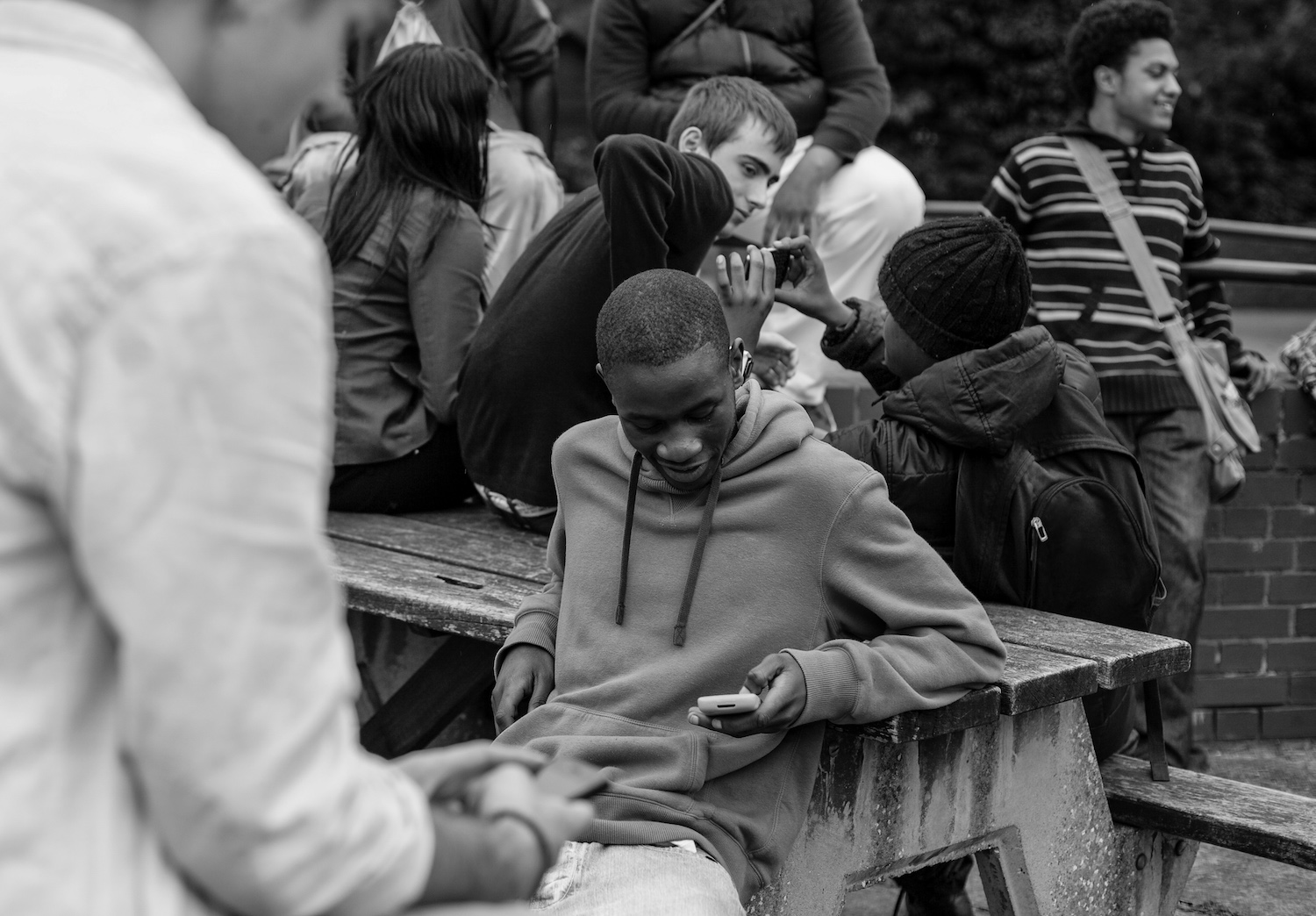This blog post was published under the 2017 – 2019 Conservative government
Author: Saleha Jaffer, founder of Families Against Stress and Trauma (FAST)
Cyberbullying, grooming and inappropriate content such as terrorist activity or hate speech, are just a few of the problems that children might be faced with during their time online.
Today marks Safer Internet Day, which aims to promote the safe and positive use of digital technology, sparking an international conversation with more than 100 countries involved.
Whilst companies like YouTube and Facebook have a responsibility to keep the internet safe, we also have a key role to play in helping our children to stay safe online. For us, it’s more about communication than it is about computer know-how; which helps when considering the scary fact that our children often know more about the internet than we do.
An immediate step you can take (which as a grandmother I will be setting up now that I know how!), is changing your privacy settings. This gives you the ability to filter content that children are able to see, reducing the likelihood of them viewing inappropriate content or from accessing sites you are not comfortable with them seeing. To do this I used the NSPCC’s easy to follow instructions.
Another important step is ensuring children develop their critical thinking skills as they grow up. Encourage them to question things, ensure they know how to listen to both sides of an argument and to view things from another perspective.
Talk as class about apps and websites that are appropriate and explore those sites together. Show your children how to update their own privacy settings, as it’s important that they also know how to protect themselves. Conversations like these are so important, and are ones I regularly have with mothers attending my FAST workshops, which are aimed at talking about concerns regarding radicalisation.
Like groomers, radicalisers aim to manipulate their victims to refuse the influence of family members. Having worked with siblings of individuals who have sadly joined Islamist terror organisations, I’ve witnessed the harrowing effects of online grooming first hand. This taught me the importance of having these conversations before it’s too late, and the earlier you start talking to young people about their life online the better.
There’s no hard and fast rule of what to look out for, and some behaviours may seem like regular teenage traits. But if you’ve noticed your child hiding their internet habits, changing their circle of friends online and offline, it might be that there’s something wrong. Rather than brush it off and ignore it, it’s best to check everything is alright.
The response to the threat of online extremism is often mounting pressure on internet providers. Parallel to this I believe there is an important role for us as individuals, parents, teachers and community members to play our part in protecting our loved ones online.
Whilst I’m not suggesting we should or can watch their every move, it seems pertinent given today’s occasion, to encourage more openness with our children, the same sort of openness that the internet itself has allowed around the world. As the internet becomes more entrenched in our lives, we must take steps online, in the same way that we do offline, to ensure our homes and classrooms are safe places to grow up.
For online safety tips visit NSPCC: https://www.nspcc.org.uk/preventing-abuse/keeping-children-safe/online-safety/
If you have concerns about a loved one that might be affected, you may want to raise the issue with someone you trust, perhaps a friend of family member who knows them well. Please visit: https://www.familiesmatteruk.org/services/learn-spot-signs

